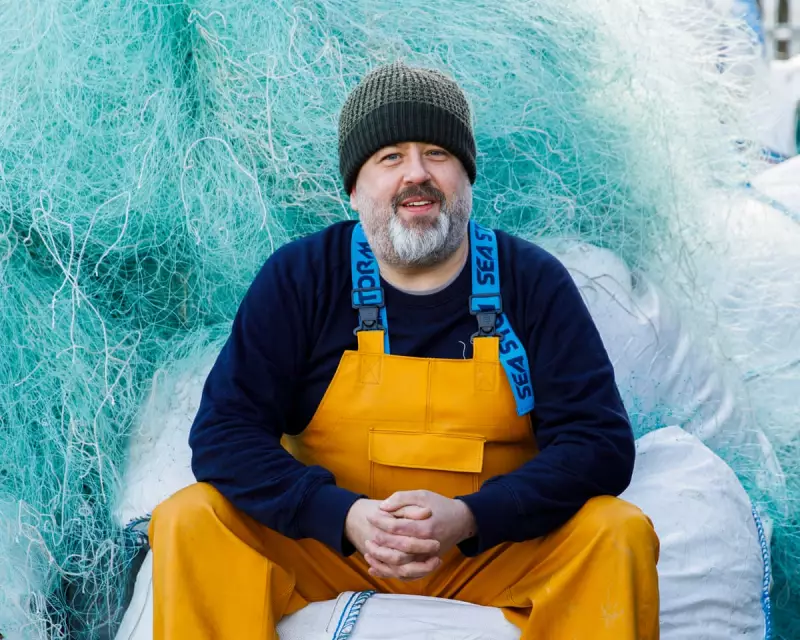
On the rugged shores of Cornwall, an environmental revolution is quietly unfolding, led by one determined man with an extraordinary vision. Will Hemsley, a former fisheries observer, has launched a groundbreaking initiative that's turning the tide on marine plastic pollution while creating economic opportunity from environmental waste.
The Ghost Net Crisis
Every year, hundreds of thousands of tonnes of fishing gear are abandoned in our oceans, creating what conservationists call "ghost nets" - deadly traps that continue killing marine life long after they've been discarded. These synthetic materials can persist in marine environments for centuries, breaking down into microplastics that enter the food chain.
"When you see a seal tangled in old netting or dolphins caught in discarded lines, it's heartbreaking," Hemsley explains from his Cornish base. "But I saw this not just as an environmental disaster, but as a resource being wasted."
From Waste to Worth
Hemsley's company, ARC Marine, has developed an innovative process that transforms this destructive waste into valuable products. The recycled fishing gear becomes everything from eco-friendly building materials to specialised products for the aquaculture industry.
The transformation process involves:
- Collection of discarded nets from beaches and fishing communities
- Thorough cleaning and sorting by material type
- Shredding and processing into reusable pellets
- Manufacturing into new, sustainable products
Economic and Environmental Win
What makes this initiative particularly compelling is its dual benefit. Not only does it remove harmful waste from marine ecosystems, but it creates a circular economy where fishermen and coastal communities can profit from cleaning up their environment.
"Fishermen are now bringing us their old gear rather than dumping it," Hemsley notes. "They're becoming part of the solution, and there's financial incentive to do the right thing."
Scaling Up for Greater Impact
Starting as a one-man operation with little more than determination, the project has grown to involve multiple Cornish communities. The initiative has attracted attention from environmental organisations and businesses looking to improve their sustainability credentials.
As Hemsley reflects on the journey: "We're proving that environmental protection and economic prosperity don't have to be opposing forces. Here in Cornwall, we're showing how they can work hand-in-hand to create a cleaner, more sustainable future for our coastal communities."
The success of this Cornish venture offers a blueprint for coastal communities worldwide, demonstrating that with innovation and determination, we can turn environmental challenges into opportunities for regeneration and growth.





